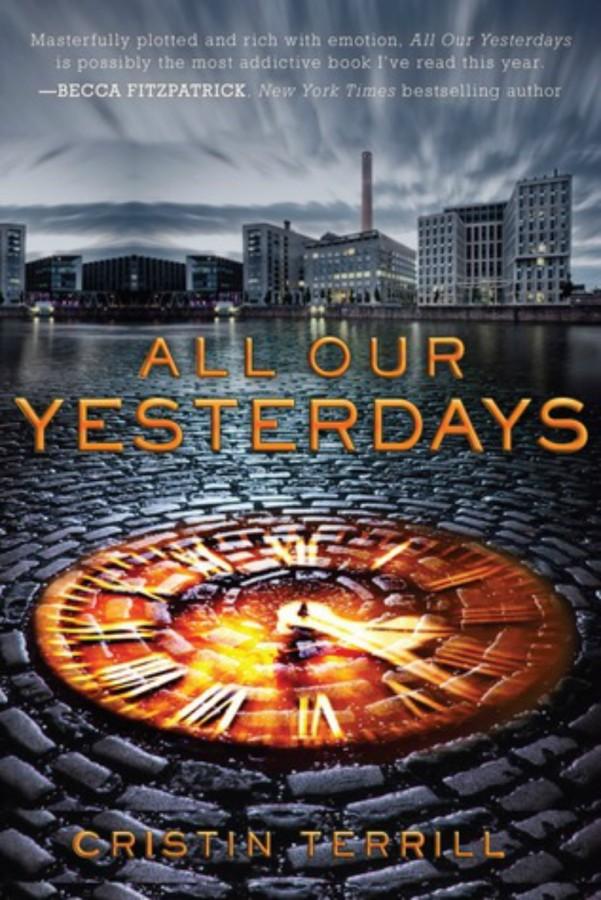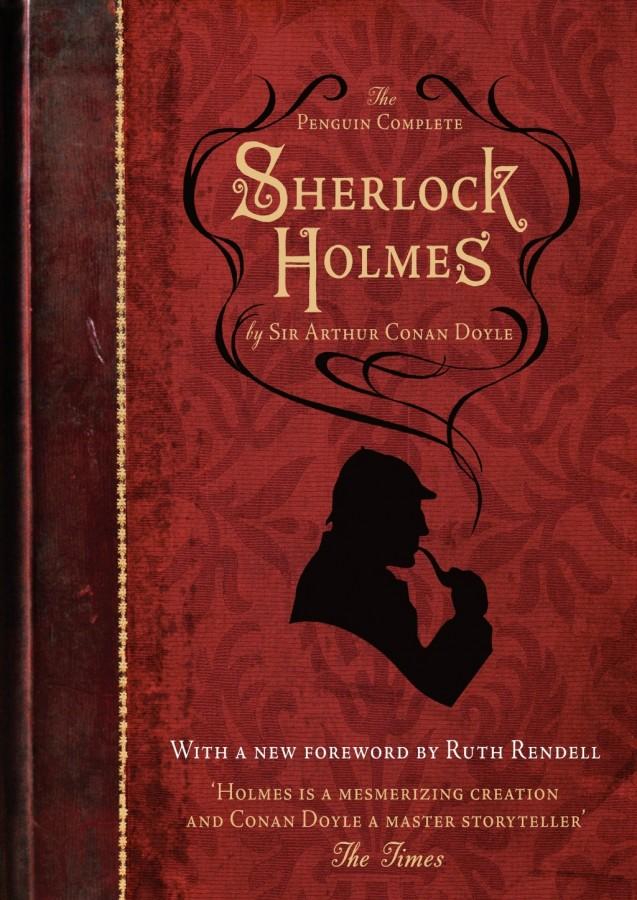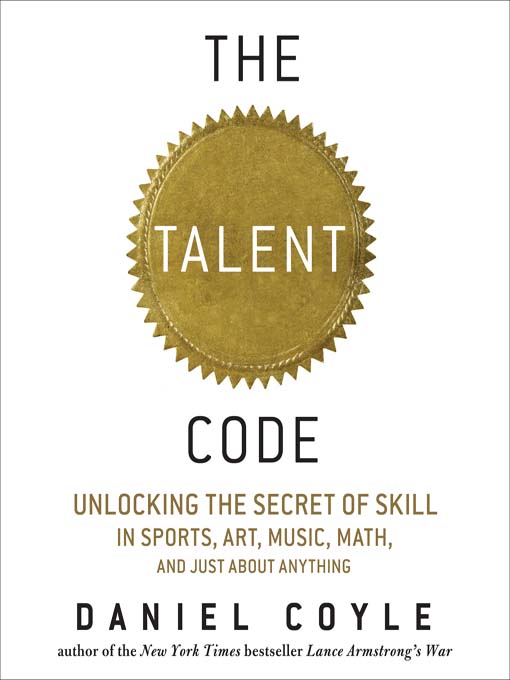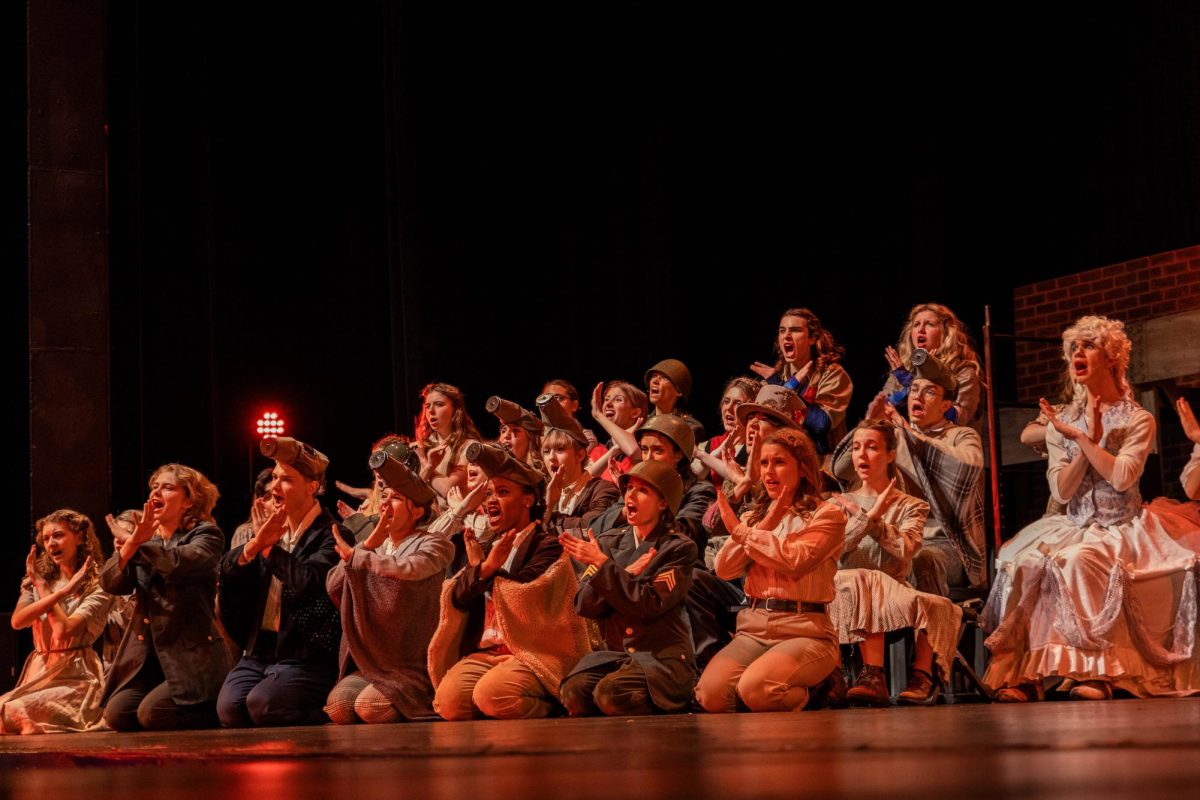You are sitting at your dining room table silently devouring a substantial portion of pasta. After an aggressive day managing the factory, your father calls you “pizza face,” as he punches you in the face and slaps your mother.
You are constantly bullied at school, somebody posts a cruel message on Facebook every night relating to your “transvestite appearance.” Your mother considers you to be the mistake of the family, and several nights a week you wait until the house is asleep, sit in a dark corner of your room, and cut your arms with a razor blade you hide in your childhood teddy bear.
Your mother is a heroin addict, your four-year-old brother will be taken by adoptive parents if your mother uses again, and the most supportive adult in your life dies of an aneurism.
Welcome to the world of J.K. Rowling’s new adult novel, The Casual Vacancy. After Parish council member, Barry Fairbrother, dies unexpectedly due to an aneurism, the town of Pagord is silenced by loss. Grief circulates through the old, cobbled alleys and tottering thatch-roofed houses, engulfing characters into unequal attitudes. Yet all is not what it seems. Rich at war with poor, teenagers at war with their parents, wives at war with their husbands, Pagford’s fate will ultimately be tested by the political vacancy on the Pagford Parish council left by Barry Fairbrother. As the town prepares for the new election, the conflicts only worsen as we prepare for the town’s hazy, unclear fate.
When Rowling states “adult novel,” she really means, “adult novel.” This is no Harry Potter. Rowling immediately illustrates her new ability for profound vulgarity. The Casual Vacancy reflects on the author’s clear want to show that she is not all wands and happy endings. Intensely, Rowling shocks the audience with sexual descriptions and swearing matches to a catastrophically numbing point.
This novel analyzes the devastating social effects of political rivalries, which much of the world can connect to, especially Americans regarding the presidential elections. We understand the characters in the novel because we see them in our everyday lives. Yet we do not connect with any character in the novel as there is no one to root for. The characters’ lives are so dramatized that it is almost like watching an episode of a very dark and political Keeping Up with the Kardashians, despite their elaborate, well-written descriptions. Each display humane qualities, yet fail to execute it to a point where we associate with their emotion.
It was if Rowling felt that the contemporary world restrained her creativity. Previously through Potter, Rowling was in control of how her literary world developed. True, there are boundaries for writing realistic fiction, especially for Vacancy, yet this does not mean events have to be so repetitive that they become dull. After describing a heroin addiction continuously, one almost begins to ignore the fact of how significant and horrible it is.
Perhaps the strangest aspect of the novel is the modern atmosphere that clearly was absent in the Potter series. Characters check email, send text messages, hack computer systems, and utilize their Facebook pages frequently. Technology is used obsessively to portray the culture shock between an ancient town and modern society. Yet it reminds the audience that Rowling is not bound to Hogwarts.
However, Rowling’s writing exceeds expectations. It is one thing to write a dull book, compared to writing a book about a dull topic but somehow making the audience want to finish it. Her fluency and word choice is wonderful, and the book flows together into a complete package with an apocalyptic, forced climax. It has the material but lost the charm.
Aside from the large literary transitions, can The Casual Vacancy be called a success? To some. The novel has received very controversial and opinionated reviews. The Guardian stated, “The Casual Vacancy is no masterpiece, but it’s not bad at all: intelligent, workmanlike, and often funny.” The Daily Telegraph claimed, “”The novel pretty much explodes towards the end, losing shape in its fury at the dirty, unfair England that we Muggles have made for ourselves.” But the novel has topped the charts, and sales fall just short under Harry Potter and the Deathly Hallows.
It is quite simple: the Potter series and The Casual Vacancy are totally incomparable. With alcohol, sex, drugs, and death, Rowling marginally manages to successfully cross-examine the most complex and brutal social conflicts and shove them all into the tiny, sleepy village of Pagford, England.
Someone was going to write it. Thanks to her extraordinary and admirable gift with the English language and creative writing, Rowling was able to accomplish the success of an ambitious work, that, had any other author written, would have been a flop.
The Casual Vacancy is a decent piece of literature. Brace yourself.







